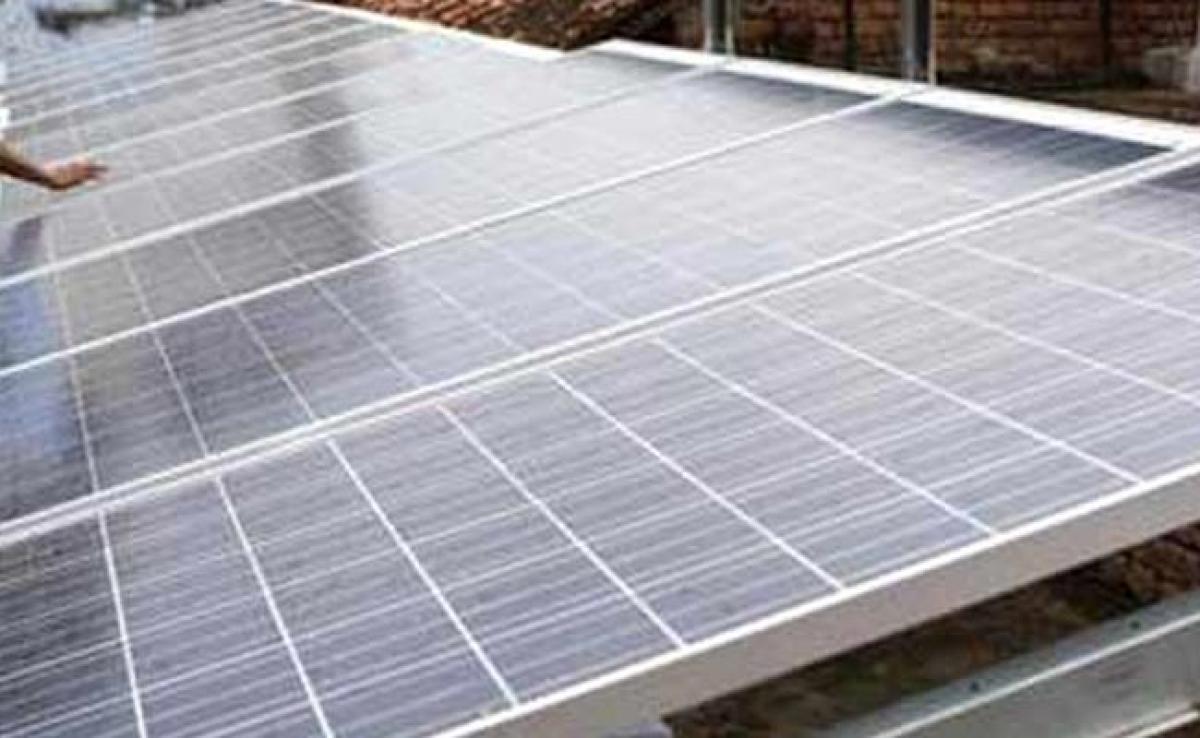Live
- "Charity and Annadanam Program Held on BOSS Hanumanthu Naidu’s Birthday".
- Devotees Celebrate Vaikunta Ekadashi with Grand Festivities Across the District.
- Three dead, five injured in mosque stampede in Syria's capital
- Electronic permits see 17.6 pc growth in Dec amid greater formalisation in economy
- How Modern Fertility Clinics Are Empowering People and Addressing Rising Infertility Issues
- Destructive wildfires devastate Los Angeles, taking huge economic toll
- Resignation of Akali Dal chief Sukhbir Badal accepted, election for successor on March 1
- SC refuses to entertain pleas seeking immediate implementation of Women Reservation Bill
- Hyderabad Police Arrest 23 in Multi-State Cybercrime Crackdown
- S. Korea confirms 2 more bird flu outbreaks, raising season's total to 23










